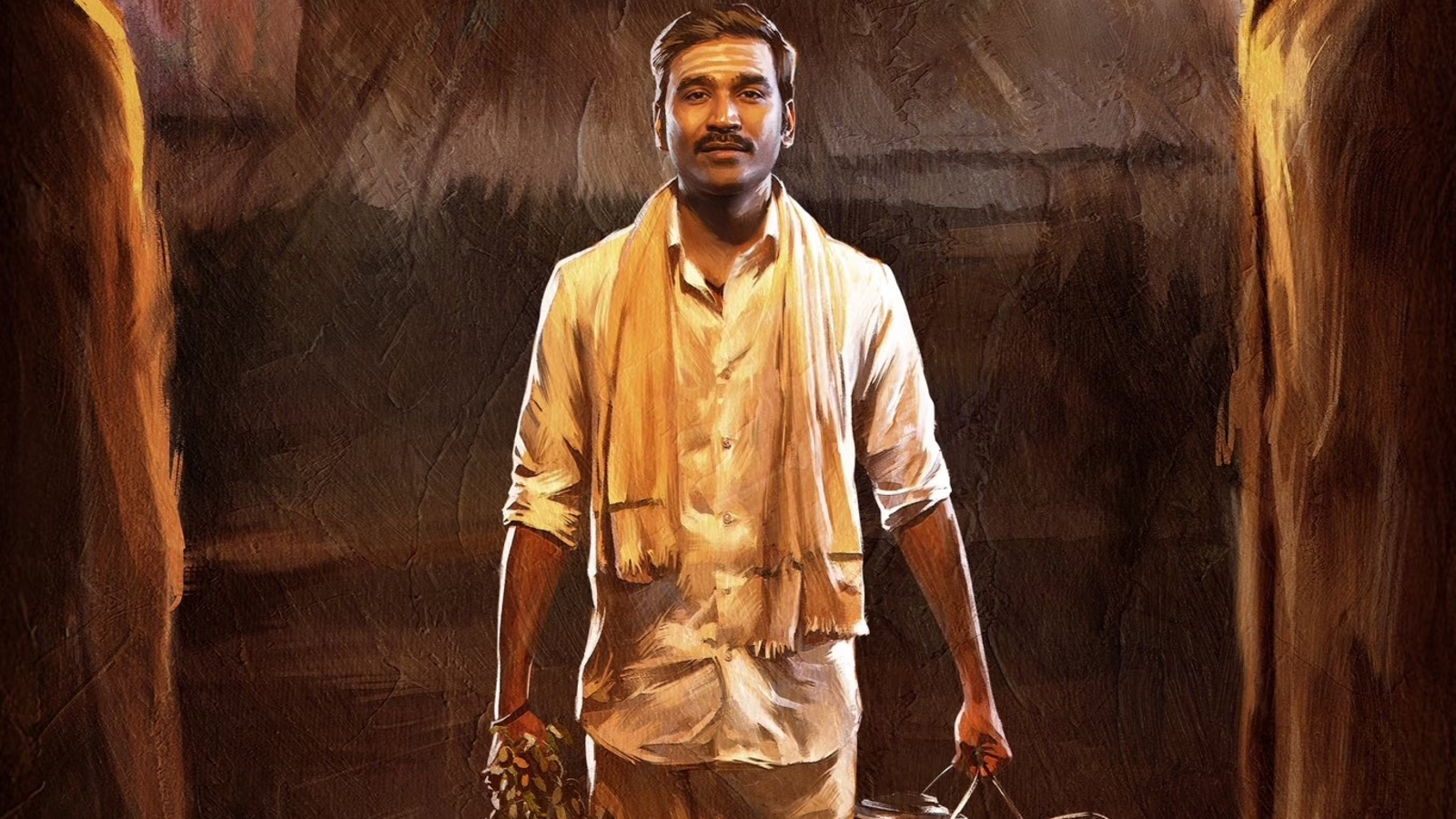Tamannaah Bhatia Unfazed Amid Protests Over KSDL Endorsement: A Deep Dive into the Kannada Identity Debate

Actress Tamannaah Bhatia has recently found herself at the center of a regional controversy following her appointment as the brand ambassador for Karnataka Soaps and Detergents Limited (KSDL), the state-owned company behind the iconic Mysore Sandal Soap. While protests rage in Karnataka, particularly among pro-Kannada organizations, the actress appears unbothered, continuing to post updates on social media that show no indication of concern over the backlash.
This clash between a celebrity endorsement and regional identity has ignited conversations about language, representation, and the commercialization of cultural icons. Yet amidst the furor, Bhatia’s silence and social media presence suggest she has chosen to stay above the fray, focusing instead on her personal life and ongoing professional engagements.
The Controversy
The uproar began when KSDL announced its new brand ambassador: Tamannaah Bhatia, a popular actress with a pan-Indian presence but not originally from Karnataka or a native Kannada speaker. The company struck a ₹6.2 crore deal with her for a two-year promotional contract. The move, intended to boost the brand’s national and possibly international visibility, quickly drew the ire of pro-Kannada groups who argue that such a symbol of Karnataka’s heritage should be endorsed by a native Kannada-speaking actor.
Mysore Sandal Soap, first manufactured in 1916, holds a special place in the hearts of Kannadigas. It is more than a soap brand; it is a cultural emblem that speaks to Karnataka’s rich legacy in sandalwood production. Consequently, many critics of the deal argue that appointing a non-Kannadiga as its face disrespects this legacy and undermines the state’s cultural pride.
Protests and Political Reactions
Following the announcement, members of various pro-Kannada organizations staged demonstrations across Bengaluru. Protesters were seen holding placards and shouting slogans demanding that the government and KSDL reconsider the appointment. Their chief complaint: that the endorsement deal ignored local talent in favor of a non-native celebrity.
Adding fuel to the fire, Mysuru MP Yaduveer Krishnadatta Chamaraja Wadiyar, a member of the former royal family of Mysore, publicly criticized the decision. He labeled the choice of Bhatia “unacceptable” and “inappropriate,” arguing that it insulted Kannada identity. “There is no dearth of Kannada-speaking actors who could have taken up the mantle,” he said. “This decision fails to represent the cultural and linguistic values associated with Mysore Sandal Soap.”
Many supporters of the protest also took to social media to amplify their message, with hashtags such as #BoycottKSDL and #SaveKannadaCulture trending within Karnataka Twitter circles.
Government Response
Karnataka’s Industries Minister MB Patil quickly came to the defense of KSDL’s decision. In a statement to the press, he emphasized that the deal with Tamannaah Bhatia was strictly a business decision aimed at expanding the brand’s appeal beyond state borders. Patil noted that KSDL had approached other high-profile actresses, some of whom were either unavailable or financially out of reach for the public-sector company’s budget.
“The idea is not to exclude Kannada identity but to promote our beloved product on a national and even global stage,” Patil said. “In fact, if the budget permits in the future, we might even consider roping in a Hollywood star. It’s about market expansion, not regional exclusion.”
While the minister’s explanation appealed to a business rationale, it did little to placate cultural activists and regionalist organizations who see this as part of a broader pattern of cultural erosion in favor of market dynamics.
Tamannaah’s Response—or Lack Thereof
Amid this storm, Tamannaah Bhatia has remained conspicuously silent. The actress has neither addressed the protests nor commented on the backlash in any public statement. Instead, her recent activity on social media appears indifferent to the controversy.
On Instagram, she posted a stylish selfie in an animal-print outfit, exuding calm and confidence. The caption offered a cheerful birthday wish to filmmaker Karan Johar and did not refer to the situation in Karnataka. To her followers, it was business as usual, which many interpreted as a sign that she is unbothered by the criticism and intends to continue her work without being drawn into the regional dispute.
Some commentators view this silence as a savvy PR strategy—by not engaging with the controversy, she avoids further inflaming tensions or giving her critics a larger platform. Others argue that a statement of sensitivity or clarification might have helped de-escalate the issue.
Broader Implications
This incident is not just a flash-in-the-pan controversy; it opens up broader questions about identity, commerce, and representation in modern India. At the heart of the matter lies a fundamental tension between regional pride and national—or even global—commercial ambitions.
Karnataka, like many Indian states, is deeply invested in preserving and promoting its linguistic and cultural uniqueness. When iconic local products are used to further commercial interests with little regard for regional representation, it creates a sense of betrayal among cultural custodians.
Yet businesses, particularly those with national aspirations, often make decisions based on reach, relatability, and brand image across diverse demographics. Tamannaah Bhatia, with her broad appeal across South India and Bollywood, likely ticked all the boxes for KSDL’s marketing strategy.
This conflict isn’t unique. Similar debates have erupted in states like Tamil Nadu and Maharashtra over the years, whenever local symbols have been associated with non-native faces. These moments highlight the complex balancing act required in a country as culturally diverse as India.
What Happens Next?
As of now, KSDL has not indicated any plans to reverse its decision. Tamannaah Bhatia remains the brand ambassador for Mysore Sandal Soap, and the initial promotional campaigns are reportedly on track. The protests have begun to wane in media coverage, but the underlying discontent continues to simmer.
There is still a chance for a diplomatic resolution. KSDL could consider involving a local Kannada celebrity as a co-ambassador or create a dual-language campaign to address concerns. Alternatively, the controversy might fade away as the public moves on, particularly if the marketing campaign proves successful.
Conclusion
The controversy surrounding Tamannaah Bhatia’s endorsement of KSDL’s Mysore Sandal Soap encapsulates the enduring friction between commerce and culture in contemporary India. While the actress seems unaffected by the backlash, the protests from Kannada groups highlight a deep-seated need for regional representation and identity preservation in public and commercial life.
Bhatia’s silence might be strategic, but it also speaks to the shifting priorities of celebrity branding in an era where marketability often outweighs local sensitivities. Whether this episode becomes a forgotten footnote or a turning point in how endorsements are approached in culturally significant sectors remains to be seen.











